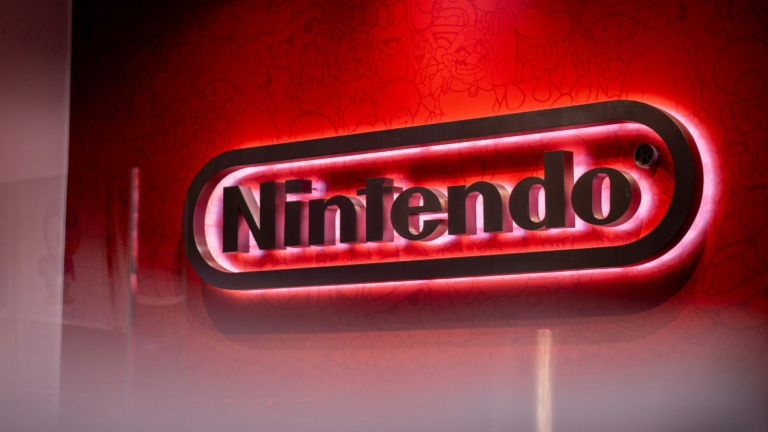
Recently, a seismic shift in the world of work has given rise to the gig economy, a phenomenon that has revolutionized how individuals earn their livelihoods. As we enter what can be termed the Gig Economy 2.0, technology platforms are emerging as the architects of this new landscape, not only redefining the concept of work but also reshaping the traditional employer-employee relationship. In this evolving scenario, freelancers are finding new avenues to showcase their skills and expertise, transcending geographical barriers through remote collaboration. Simultaneously, businesses are tapping into a global talent pool to meet their needs, even in specialized niches.
The Evolution of Gig Work
The gig economy has come a long way since its inception. Initially characterized by sporadic and low-skilled tasks, it has now evolved into a sophisticated ecosystem catering to a diverse range of skills and professions. This evolution has been catalyzed by the emergence of technology platforms that facilitate connections between freelancers and clients across various industries. From graphic design to software development, writing to marketing, these platforms have become conduits for talent to find meaningful work outside the confines of traditional employment.
The Rise of Specialized Freelancing
With the advent of Gig Economy 2.0 platforms like Upwork, Freelancer, and Toptal, the gig economy is witnessing a surge in specialization. Highly skilled professionals are seizing the opportunity to offer their expertise on a global scale, enabling them to build personal brands and command competitive compensation. This shift has not only elevated the status of freelancers but has also spurred the growth of a new breed of entrepreneurs who leverage their skills to deliver niche services.
Overcoming Freelancing Challenges
Historically, freelancers faced challenges such as irregular income and limited access to benefits. However, the Gig Economy 2.0 platforms are addressing these pain points with innovative solutions. Escrow services, milestone-based payments, and access to benefits like healthcare and retirement plans are becoming more prevalent, making freelancing a more viable career choice. These advancements are not only attracting established professionals but also creating pathways for newcomers to explore the gig economy.
Hybrid Work Models
In this era of the gig economy, a hybrid work model is gaining traction, blurring the lines between traditional employment and freelancing. Many individuals are opting to maintain a full-time job while also taking on freelance projects through platforms like Fiverr and TaskRabbit. This approach allows individuals to diversify their income streams, pursue their passions, and gain exposure to different industries, all while maintaining the stability of a regular job.
Transforming Business Operations
The benefits of Gig Economy 2.0 aren’t limited to freelancers; businesses are also reaping the rewards. These platforms provide companies with access to a global talent pool, enabling them to tap into specialized skills on a project-by-project basis. Startups and small businesses, in particular, benefit from this approach as it allows them to access expertise without the overhead costs of hiring full-time employees. The agility of these platforms also empowers businesses to scale up or down swiftly to meet market demands.
Challenges and Considerations
While the Gig Economy 2.0 presents promising opportunities, it’s not without its challenges. As the number of professionals entering the gig economy grows, competition intensifies. Freelancers must continuously upskill and adapt to stay competitive in a rapidly changing landscape. Additionally, questions about worker rights and benefits have sparked debates, prompting platforms to explore ways to offer more comprehensive protections to gig workers without compromising the flexibility they value.
Blockchain and Digital Identity
The rise of blockchain technology is revolutionizing how freelancers prove their skills, experiences, and credentials. Blockchain-powered digital identity systems are enabling freelancers to securely showcase their expertise, fostering trust among clients and potentially reducing barriers to entry for newcomers.
AI-Driven Matching
As platforms gather more data on freelancers’ skills and clients’ requirements, artificial intelligence (AI) is playing a pivotal role in matching the right talent with the right projects. AI algorithms are becoming increasingly adept at identifying synergies between freelancers and clients, leading to more successful collaborations and improved outcomes.
Niche Communities
Online communities and forums dedicated to specific skills and industries are becoming invaluable resources for freelancers. These communities provide a space for knowledge sharing, networking, and even collaboration on larger projects. As these communities grow, they contribute to the sense of belonging and professional development among freelancers.
Ethical and Sustainable Freelancing
With heightened awareness about sustainability and ethical practices, freelancers are gravitating toward platforms that align with their values. Platforms that emphasize fair compensation, responsible sourcing of projects, and environmentally conscious practices are gaining traction, attracting professionals who want to contribute positively to both their careers and the world.
Navigating the Future of Freelancing
The Gig Economy 2.0 is reshaping the world of work and creating novel avenues for both professionals and businesses. Tech platforms have become the driving force behind this transformation, connecting freelancers and clients across the globe and fostering a more specialized and sustainable freelance environment. As this evolution continues, challenges like increased competition and the need for better worker protections will demand attention. The gig economy’s journey is emblematic of the broader shifts in our perception and approach to work in the digital age. With technology advancing unabated, the gig economy is poised to adapt and evolve, presenting endless possibilities for the future of freelancing.








